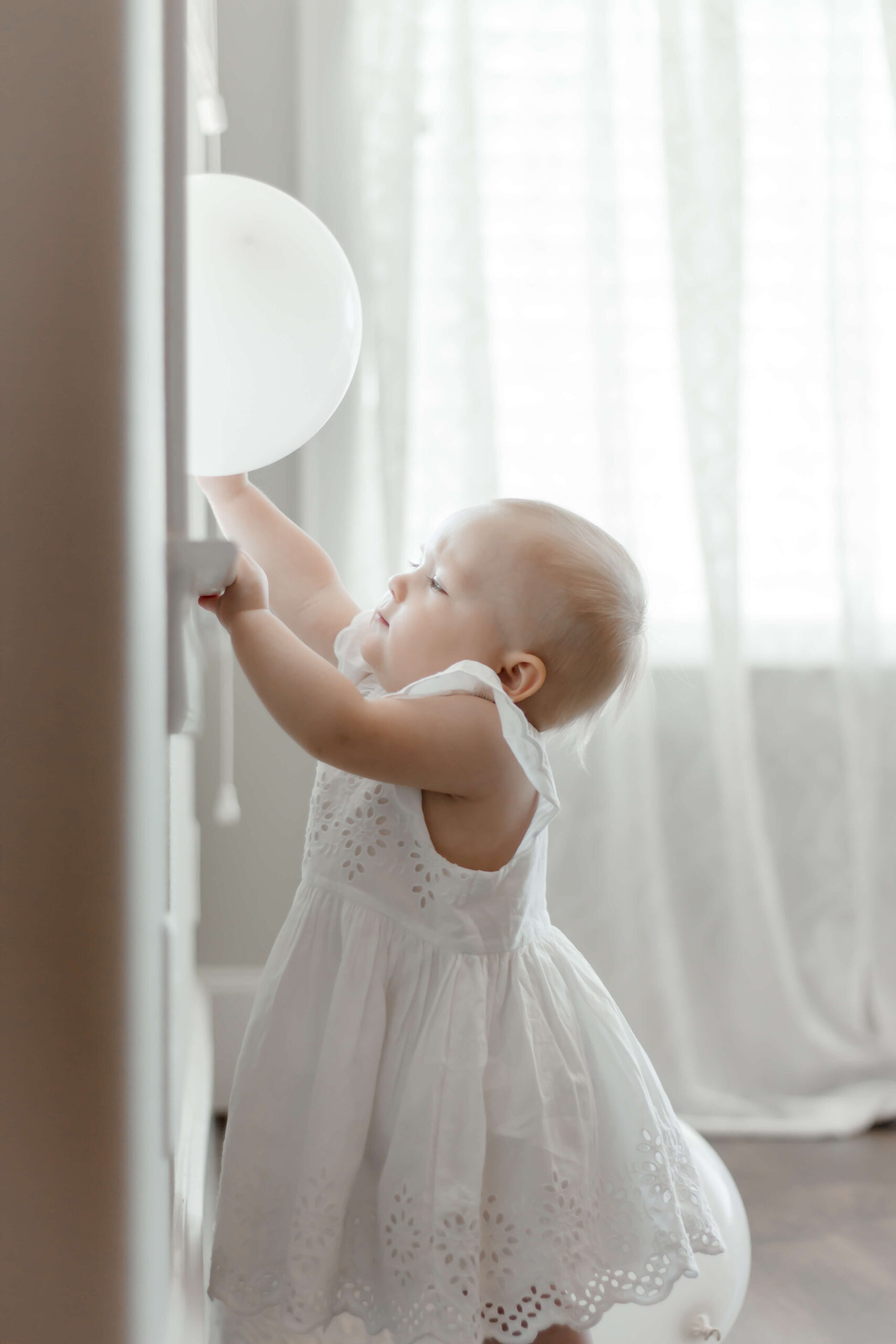As a woman who has given birth 4 times, I have experienced 4 different postpartum journeys. I feel like it is important to be able to educate new and experienced moms about what can happen and how you can deal with this part of your motherhood journey. I interviewed Sara Walls, Licensed Clinical Social Worker and Therapist about Postpartum Therapy in Houston.
Here is the Q&A with Sara Walls about Postpartum Therapy Houston;
Q:
Tell me about your business! What is your background and experience?
A: First of all, I’m so glad to be here! Thank you for this opportunity to share about such an important topic.
My business, Sara Walls Wellness, is a psychotherapy practice, offering online and in-person therapy to adults. I work with folks who are struggling with a variety of issues, but specialize in the following:
- anxiety, depression, and life transitions (like having a baby!)
- struggles related to people-pleasing, perfectionism, and high achieving
I draw on my personal and professional experience and training to support those I work with. I’m a Licensed Clinical Social Worker (TX #62674), and got my education right here in Houston. My Master of Social Work is from University of Houston, and my Bachelors is in Sociology & Psychology from Rice University. I am intensively trained in Radically Open-Dialectical Behavior Therapy, which can be helpful for folks dealing with perfectionism, rigidity, difficulty in social relationships, or social isolation.
I come by my work honestly and have put in the effort to learn how to better meet my own needs while still making things happen and being there for those I love. That’s become all that much more important after having my son in January of this year, which is why I’m so grateful that Ally asked me to write about postpartum mental health!
Q:
What do you feel like is the hardest part of being postpartum in the mental health world?
A: Oh my gosh, there’s so much that’s hard! But I think the hardest part is that we go through so much change. In an instant, our worlds are turned completely around. No matter if this is our first child or our fifth, each pregnancy and birth brings with it some kind of change:
- our routines and the rhythm of our days
- our bodies
- expectations of ourselves and others
- how others see us
- how we see ourselves
- our relationships with partners, friends, family, our other kids
- our brains
Yes, research shows that our brains change significantly during this time. Our motor skills, seeing, hearing, decision making, and, yes, our memories are all impacted. Mom brain is very real!
All of these changes can be so disorienting and make us feel untethered, like we’re floating around with nothing familiar to grab on to. That, plus the hormonal changes, lack of sleep, and things like feelings of isolation, traumatic pregnancy or birth experiences, and a lack of support can be a perfect recipe for mental health struggles.

Q:
What is one thing you want all moms to know, pertaining to mental health and what is typical after having a baby?
A: In the first two to three weeks after giving birth, it’s common for moms to experience the “baby blues.” The huge hormone shifts and the magnitude of the changes we experience can cause mood swings and periods of tearfulness.
Just because it’s common or typical, however, doesn’t mean you just need to buckle down and suffer through. We can all benefit from support. One or two postpartum OB appointments feels like nothing compared to what we go through, and I believe we need more!
Prevention with planning for Postpartum therapy in Houston
I had a therapy session with my therapist already scheduled before I even went to the hospital. (Yep, like many therapists, I go to therapy too!) I knew I could cancel it if I needed to, but it was so helpful to just talk about and process my experience, reflect on what this major life change had been like, and identify what I could focus on to help myself manage this transition, especially as my husband returned to work.
In the postpartum period, it’s really important to make sure to build in time to meet your needs, not just your baby and family. You’re healing from a major medical event and need care too! Things like sleep, drinking enough water, eating consistently, social connection, time outside, personal hygiene, and hobbies can all help you keep connected to yourself. And I hear you, there’s hardly any time for that, I know! Support from others can be critical here. Even focusing on one or two of those things for just a few minutes each day can really make a difference.
- If you continue to experience symptoms after those first two or three weeks, it’s definitely a good idea to connect with some support if you haven’t already, as you may be experiencing postpartum depression, anxiety, or another perinatal mental health diagnosis.
- If you’re not sure how to start the conversation, Postpartum Support International has a Discussion Tool that you can use to track your symptoms and risk factors. It’s a great way to open up a dialogue with your healthcare provider. It also lists several resources available to you.
Ultimately, I want all moms to know that you are not alone. It’s supposed to be hard. And yet, even though it’s typical for this time to be challenging, that doesn’t mean that we should be able to handle it all on our own.
Q:
What is the most common misconception pertaining to postpartum anxiety and depression?
A: That support is only available for people who are REALLY struggling. I hear moms feeling unsure if they’re having a hard enough time for it to “count” as postpartum depression or anxiety. If you’re asking yourself if you’re struggling enough, it’s probably a good idea to check in with a professional (your OB, primary care physician, pediatrician, or a counselor or therapist) and let them assess what you’re going through and offer some recommendations and reassurance. You’re already taking on so much – don’t feel the need to diagnose yourself before you even reach out.
Whether or not you meet criteria for a formal diagnosis, a professional can help you identify ways to improve your quality of life, whether that includes increasing self-care, social support, therapy, or medication, when indicated. Like with any health concern, mental health conditions can become worse if left untreated. Addressing things early and making a plan to support yourself can be key.
I also hear moms concerned about what it means to reach out for help. Maybe you’re concerned that it means you failed at this parenting thing, or that you’re a bad mom, or that you’re letting down your baby or your family. I say all it means is that you are going through a giant life change, and you need some more support. There’s absolutely no shame in that. You are NOT a failure, and you didn’t cause this.
As your baby grows, it’s important to keep monitoring your family’s mental health too. (All parents can develop postpartum mental health disorders, even if they did not give birth.) Although it’s most common for symptoms to arise in the first several months after birth, postpartum mental health conditions can develop even a year after delivery.
Resources for Postpartum Therapy in Houston
Q:
What should I do if I think I’m experiencing mental health issues during pregnancy or postpartum?
A: First, know and remember that you are worth it, you matter, and there is help available. Please reach out to a trusted support – your partner, a friend, a loved one, a mentor, anyone you trust. Share what you’ve been experiencing, and ask for help getting in touch with your OB, your PCP, your pediatrician, or a therapist or counselor. You can even start with a medical professional if you feel comfortable. They can assess what’s going on for you, and make recommendations on next steps. These can include increasing self-care, connecting with social support, therapy, or medication. If you’re not feeling heard or supported, don’t be afraid to seek a second opinion for resources with postpartum therapy in Houston.
Here are some options;
- You’re also always welcome to reach out to me! Even if you’re not sure if you want or need therapy, or if you don’t think I’d be the therapist for you, I am always happy to speak with folks to help them navigate the mental health world.
- You can set up a free 15-minute phone consult on my website. I’d love to connect with you and learn more about what you’re experiencing. I can help you get you connected with support, whether it’s working with me, one of the wonderful therapists in my network, a support group, or talking more with your doctor about your options.
In the meantime, focus on spending some time investing in your own care. Share your experiences with those who understand. Online communities can be great for connecting with like-minded people who are experiencing what you’re going through. Remember that you are important, your needs matter, and you are a GREAT mom.
Important Resources For Postpartum Therapy Houston
- Postpartum Support International has free support groups, helplines, that Discussion Tool I mentioned, and a directory of clinicians with special training in postpartum mental health.
- Employee Assistance Programs are a great resource that can offer free therapy sessions, in addition to other great benefits. Ask your or your spouse’s HR department if this is part of your benefits package.
- Directories like Psychology Today and Therapy Den are a great way to find a therapist.
- Open Path Collective has a list of therapists that are able to offer reduced fee therapy sessions. (financial need basis)
- Find more about working with me at my website, https://www.sarawalls.com/.
Thank you again for allowing me to share a bit more about Houston postpartum therapy & mental health!

Summing up resources for Postpartum Therapy in Houston, Sara listed so many amazing resources to delve into. If you or someone you know is showing symptoms of postpartum depression or anxiety, please share this blog with them. Sometimes all we need is someone to expose us to resources that we didn’t know we had access to.
For more information on motherhood, visit my blog. I am a specialized motherhood and family photographer, with niches in maternity, newborn, family, and weddings. I would love to chat with you about scheduling a photography session!
For other blogs on motherhood, check these out;
6 gorgeous Houston baby shower venues
Just Between Friends Pearland, my favorite event for kids items
7 Things to do in Houston with kids

